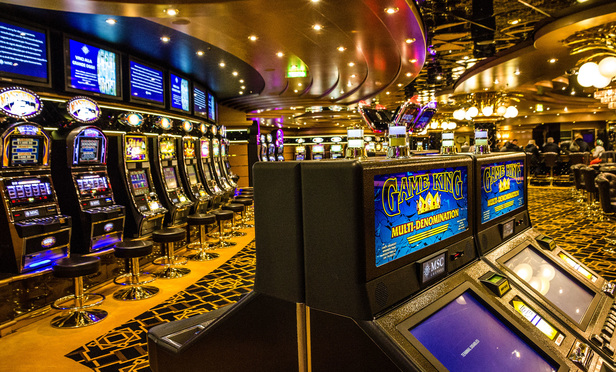He said considering this type of work a confidential employee or guard would immensely broaden the definition.
Judge Karen Henderson questioned Casserly and Trimmer about whether the technicians would have access to cameras that could enable a sabotage situation, such as the elaborate one that played out in the 2001 film about a casino robbery Ocean’s Eleven. In the film, the cameras are shut off and replaced with a fake feed to help the thieves enter the vault undetected.
“In the movie, one of the bandits was an electronics expert. Are you saying that technician that would have the responsibility to make sure they are accurate is not guarding the assets of the owner?” Henderson asked.
Casserly said the potential for sabotage is not enough of a threshold to consider it a part of the technician’s job. He said he did not think that the camera switch pulled off in the movie was even feasible.
“It seemed realistic,” Henderson said. “Cameras are the last resort and fail safe when human eyes don’t work.”
Trimmer added in his rebuttal that the technicians have skills and power to turn off cameras and erase parts, and he said the potential for conflict of interest is clear.
The Bellagio declined to comment.
The union’s attorney, Adam Stern of Myers Law Group, who argued before the labor board, said the casino’s argument was a stretch. He said that casinos are particularly sensitive about union matters, especially in cases with people who count money. But he said the surveillance technicians should be allowed to join the union.
“They tried to fit a square peg in a round hole. They aren’t responsible for safeguarding the employer or catching the bad guys,” Stern said. “I understand the employer’s concerns but those concerns are not sufficient to change the law.”
Copyright National Law Journal. All rights reserved. This material may not be published, broadcast, rewritten, or redistributed.






